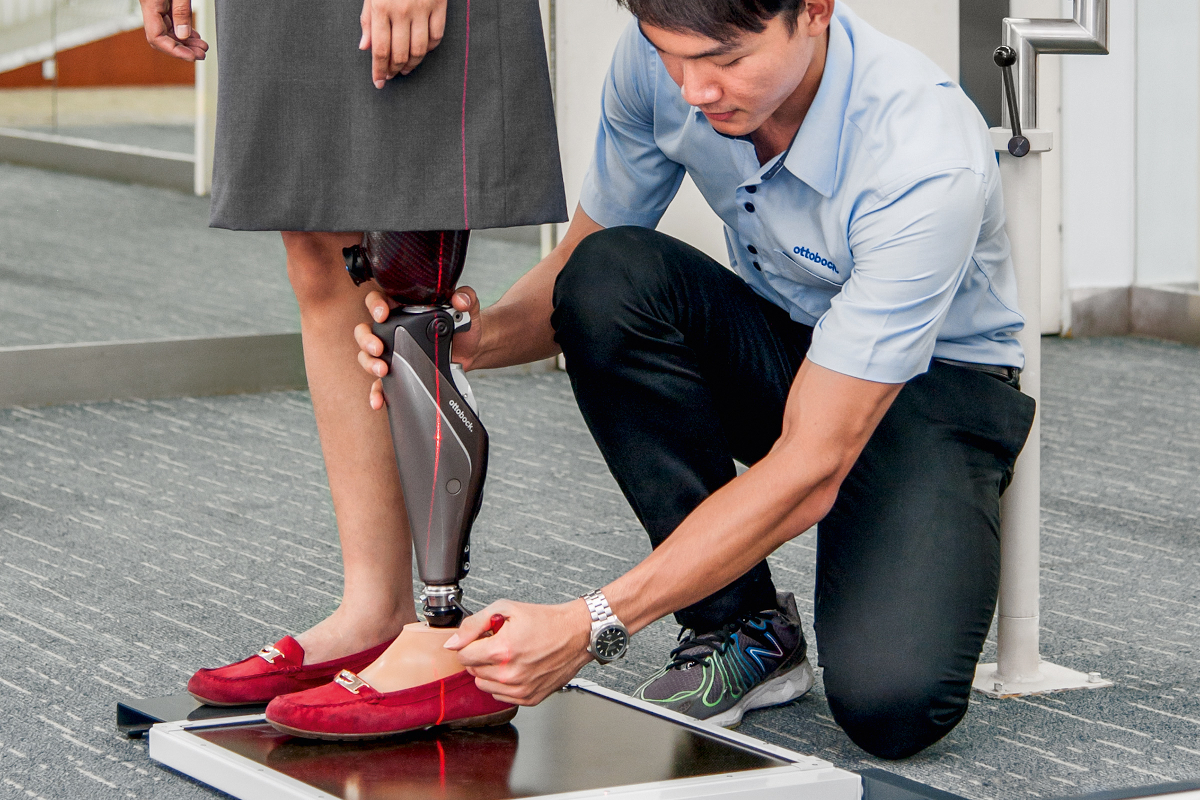GHA – German Health Alliance publishes position paper: “The importance of Assistive Technology during the Covid 19 pandemic”.
Medical technology makes people mobile. Healthcare providers worldwide face the challenge of providing care for people with limited mobility in the ongoing Covid 19 pandemic.
The GHA – German Health Alliance has published a position paper on this issue in which it recommends three measures for international aid provision:
- Assistive Technology and rehabilitative services are included within the Universal Health Coverage framework
- Providers and manufacturers of medical devices such as assistive technology and clinical rehabilitative service providers are officially recognized as being systemically relevant.
- Digital and Telemedicine solutions should be promoted and compensated as valid service delivery options and reimbursed through the use of uniform reimbursement systems.
Access to aid remains limited even as global demand increases. The overarching goal is to raise awareness and put assistive technology on the political agendas of all countries. This is primarily about sustainable development and strengthening the rights of people with disabilities.
Particularly during the Covid 19 pandemic, the goal of healthcare organizations is to maintain their operations as best they can to protect people and help them maintain or regain their freedom of movement. In this way, the companies also make an important contribution to the general healthcare system.
Orthopaedic bracing and assistive mobility devices, for example, enable patients to be discharged from hospital more quickly after surgery and rehabilitation. The use of assistive devices can prevent or at least delay the need for surgery. Mobility aids support personal independence during the pandemic. This reduces the need for ongoing support services from caregivers which may increase the risk of infection. Providers of medical and assistive devices are therefore reducing the inpatient and outpatient care
burden, thereby increasing capacity for COVID-19 patients.
Providing assistive technology as part of general health care can reduce the cost of each health care system by improving health outcomes, preventing secondary health conditions, and reducing the cost of care.

